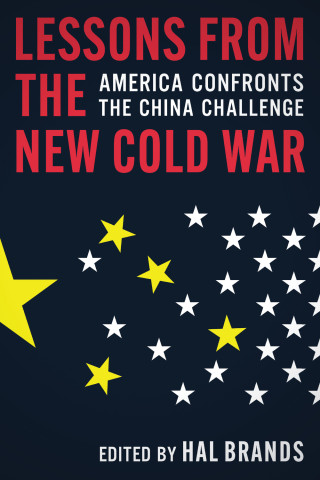
Reviews
This is an excellent study.
Recommended.
Lebovic undertakes a thoughtful and detailed study of the Vietnam War and extracts the similarities and lessons from the experience for the United States' recent role in Iraq.
James Lebovic gives by far the most complete comparison to date, drawing on a wide range of well-chosen sources and acknowledging the differences between the two conflicts as well as emphasizing their similarities.
A solid and insightful book
A captivating analysis... Lebovic's book is a valuable compilation of facts and scholarly narrative that helps to put two difficult wars into historical perspective.
Because Lebovic has approached his subject with great care, the resulting work offers lucid insights into the problems the United States has faced in applying military power abroad.
When it comes to US interests and military capabilities, instead of reading uplifting stories... policymakers today ought to read Lebovic for keen analysis that exposes the challenges of trying to do what are perhaps noble, but unrealistic things at the cost of American blood and treasure.
Lebovic admirably weaves together an analysis [of U.S.-Host Nation interactions] showing how all these factors determine the success of supporting a weak, ineffective, or corrupt friendly government facing an insurgent challenge.
While many have made superficial comparisons between the Iraq and Vietnam wars, Lebovic takes this task more seriously than most. His analysis yields important lessons by placing both wars in a more comprehensive context.
Book Details
Acknowledgments
1. Introduction
2. Leveraging the Adversary's Forces: The Wars in Vietnam and Iraq
3. Leveraging the Adversary's Support Base: States, Populations, and Societies
4. Leveraging the
Acknowledgments
1. Introduction
2. Leveraging the Adversary's Forces: The Wars in Vietnam and Iraq
3. Leveraging the Adversary's Support Base: States, Populations, and Societies
4. Leveraging the Adversary's Leaders: The Balance of Resolve and US Exhaustion
5. Leveraging Host Governments: The Challenges of Institution-Building
6. Conclusion: Vietnam and Iraq, Afghanistan, and the Future
Notes
References
Index






